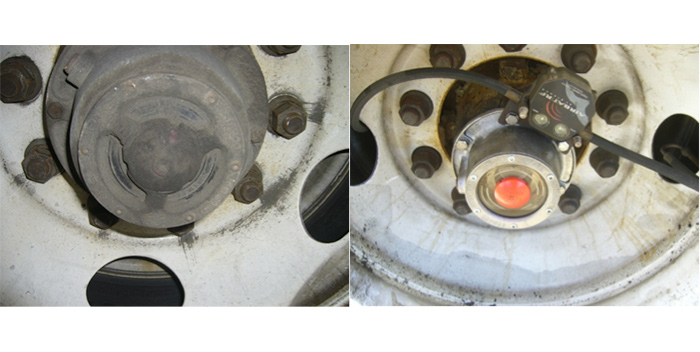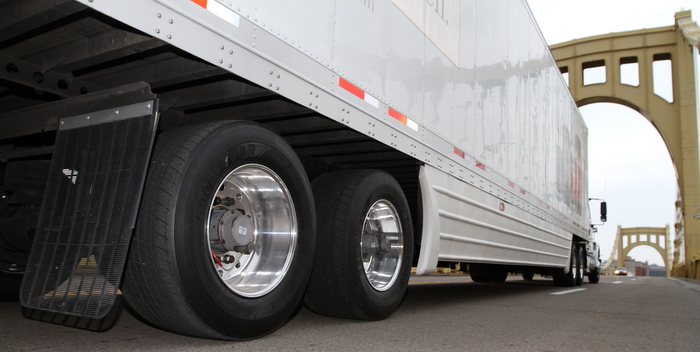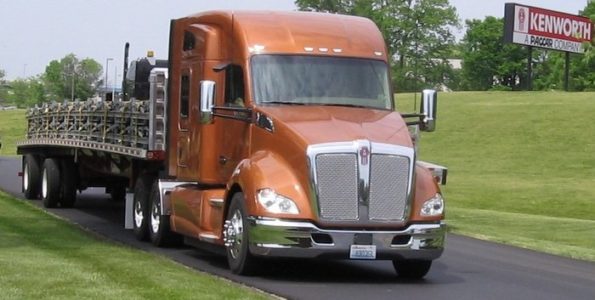One month into 2009 and we are all hoping for some encouraging words about the economy and our industry’s prospects. So far that silver lining has not appeared. The news from the fourth quarter of ’08 seems to cloud the future.
According to researchers, FTR Associates, “The latest truck market forecast registers yet another downward revision to the U.S. Economy near term freight and truck production forecast. Its four full quarters of GDP shrinkage brand this downturn as a full-blown recession, during the current quarter. The economy has not seen a negative 4% quarter in 26 years.”
FTR claims that the freight market is forecast to fall for seven consecutive quarters, bottoming out in the third quarter of this year at more than 9% below the year-end 2007 level. Moreover, the most recent economic data reports indicate that the U.S. GDP annualized change for Q4 might show as much as a 6% drop. It is early evidence that a 1982-like recession could be underway.
If this is the case, tonnage would fall by 10% YOY, FTR said. Such a fall in freight would reduce the required stock of trucks by 270,000 units. Since the industry can only reduce capacity at a much slower rate, FTR estimates that a surplus of 200,000 units would result, divided between the used truck market, trucks retained by fleets but parked, and trucks underutilized.
This surplus would drive capacity utilization to 80%; a level not breached in at least a decade. It follows that trucking margins will decline, as well as equipment purchases, with U.S. retail sales perhaps falling below the 75,000 level for 2009.
The bad news is everywhere. National financial institutions are folding, our federal trade deficit is nearing $1 trillion, Detroit automakers –– and their industry suppliers –– are facing devastation, jobless claims are reaching a 26-year high, consumer confidence is disappearing and the Federal Reserve is dropping interest rates close to zero. It is hard to find anyone willing to project a recovery any time soon.
So, fleets hunker down and look for ways to cut costs. With limited funds for new truck purchases, maintaining current vehicles takes on new importance. It might be a good time to tackle the extra maintenance jobs there wasn’t time for before. In addition, you might want to clean the shop, repair shop equipment, etc. Or maybe this is a good to provide extra training for technicians.
Looking for ways to stretch fuel dollars is probably top on your list. Perhaps it is time to invest in auxiliary power units to curb engine idling –– or set truck speed governors at a lower MPH –– or help drivers limit out-of-route miles using navigational tools with routing software.
There are no quick fixes to our current economic woes. But if, as FTR predicts, the economy bottoms out in Q3, we may be able to see the start of a recovery after that point. It’s not much of a silver lining, but it’s all we have right now.









